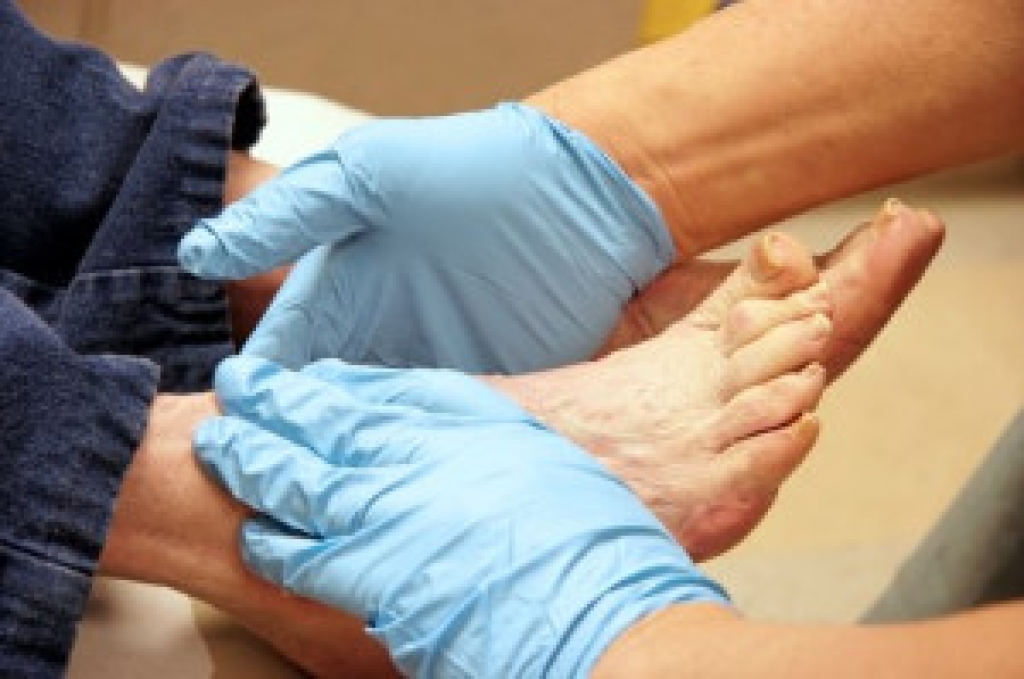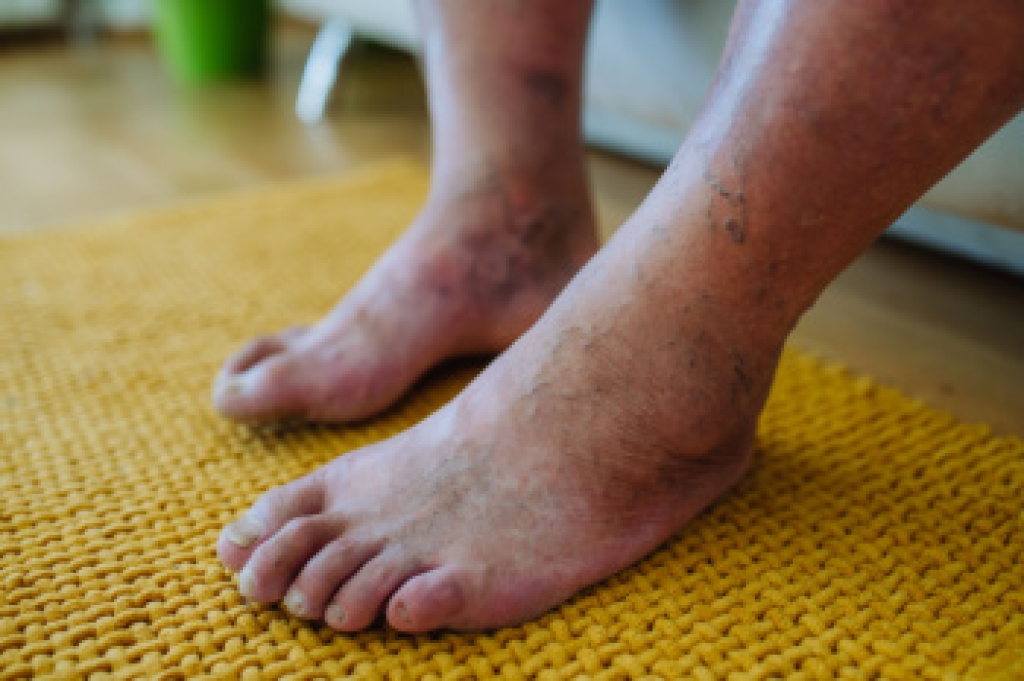
Multiple sclerosis, or MS, is a chronic autoimmune disease affecting the central nervous system, disrupting communication between the brain and the rest of the body. It occurs when the immune system mistakenly attacks the protective myelin sheath surrounding nerve fibers, leading to inflammation, scarring, and nerve damage. MS can cause a wide range of symptoms, including fatigue, weakness, numbness, coordination difficulties, and cognitive impairment, significantly impacting quality of life. Foot symptoms such as numbness, tingling, weakness, or difficulty in walking are common manifestations of MS. If you have MS and are experiencing foot symptoms, it is strongly suggested that you schedule an appointment with a podiatrist who can provide personalized care to help you maintain optimal foot health and overall well-being.
When dealing with systemic disease of the feet, it is extremely important to check the affected areas routinely so that any additional problems are caught quickly. If you have any concerns about your feet and ankles contact Andrew Katz, DPM from Allcare Foothealth Center. Our doctor will assist you with all of your podiatric needs.
Systemic Diseases of the Feet
Systemic diseases affect the whole body, and symptoms usually are displayed in the feet. This condition can make a patient’s ability to walk unbearable. Systemic diseases include gout, diabetes mellitus, neurological disorders, and arthritis.
Gout – is caused by an excess of uric acid in the body. Common symptoms include pain, inflammation, and redness at the metatarsal/phalangeal joint of the base big toe. Gout can be treated by NSAIDs to relieve pain and inflammation, and other drugs that lower the acid levels in the body.
Diabetes mellitus – is an increase in the level of blood sugar that the body cannot counteract with its own insulin. Failure to produce enough insulin is a factor in Diabetes.
Diabetes of the Feet
Diabetic Neuropathy – may lead to damaged nerves and affect the feet through numbness and loss of sensation.
Peripheral Vascular Disease – can restrict the blood flow to the feet, and often times lead to amputation of the feet.
If you have any questions please contact our office located in Palmdale, CA . We offer the newest diagnostic and treatment technologies for all your foot and ankle needs.

 Diabetic limb salvage
Diabetic limb salvage

